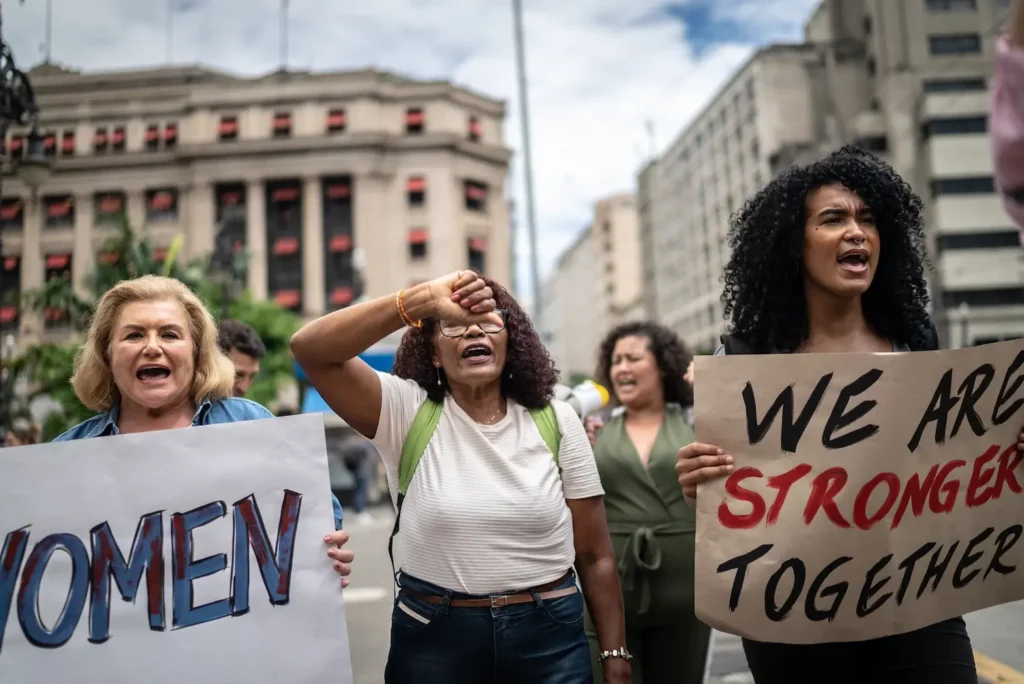My friend Jonathan Shapiro has a morning routine. Every day on his way to work, he buys a newspaper from the same street vendor, whose newsstand is by a busy subway station in New York. Though both Jonathan and the vendor have every incentive to rush through the exchange of goods for money and get on with their days, they always take a moment to have a brief conversation.
Their little exchange, as humble as it may seem, reveals a great deal about how we can each lead more meaningful lives, as I write in my new book, The Power of Meaning: Crafting a Life that Matters.
Many of us are so caught up in our own lives, so rushed and preoccupied, that we acknowledge the people we are interacting with only instrumentally. We fail to see them as individuals. But Jonathan and the vendor break outside of their cocoons and form a brief bond with one another. Each of them lets the other one know that he is heard, seen, and appreciated—that he matters.
If you ask people what their most significant sources of meaning in life are, they, perhaps unsurprisingly, list their close relationships. But, as I researched my book, I discovered something that did surprise me: our loose ties to others can be potent sources of meaning, too. That’s because one of the pillars of a meaningful life is a sense of belonging—which you can cultivate with your partner, children, and closest friends, of course—but also with your newspaper vendor, local barista, and even a stranger on the street. These micro-connections are sources of meaning we can all tap into to lead deeper and richer lives.
When people feel like they belong, according to psychologists Mark Leary and Roy Baumeister, it’s because two conditions have been satisfied. First, they are in relationships with others based on mutual care: each person feels valued by the other. When other people think you matter and treat you like you matter, you believe you matter, too—like Jonathan and the vendor.
Second, they have frequent pleasant interactions with other people. Those moments can be joyful and fun, like when a parent and child play, or more emotionally neutral, like when a content couple holds hands while watching television together. But the key is that they happen on a regular basis and are not negative—again, like Jonathan and the vendor.
Belonging isn’t a fixed trait of relationships; we can each build belonging with another person by doing certain things. One excellent way is to make sure we’re responding to one another’s bids, as the psychologist John Gottman calls them. In relationships, people are constantly making bids for affection. For example, let’s say a couple is sitting at the breakfast table and the wife comments on an interesting headline in the newspaper. At this moment, she is making a bid for her husband’s attention and hoping that her husband responds by acknowledging her warmly.
Her husband now has a choice. He can either ignore her bid or barely acknowledge it. Or he could affirm her bid by saying something like “how interesting—tell me more”—and this would create a moment of belonging that both of them could share.
But if small moments can kindle belonging, they can also destroy it. For example, one day, when my friend Jonathan went to buy the paper, he realized he had only big bills. The vendor could not make change for Jonathan, so he smiled widely and said, “Don’t worry, you’ll pay tomorrow.” The vendor was making a bid to take their relationship to a higher level of trust and intimacy. But Jonathan tensed up and shook his head. He insisted on paying for the paper, so he went into a store and bought something he did not need so he could make change. He handed the vendor a dollar and said, “Here you go, to be sure I don’t forget.”
In that instant, the dynamic of their relationship changed. The vendor reluctantly took Jonathan’s money and drew back in sadness. “I did the wrong thing,” Jonathan later said. “I didn’t accept his kindness. He wanted to do something meaningful, but I treated it as a transaction.”
The vendor isn’t the only person, of course, who has felt cut down by rejection. Psychologists have found that social rejection can make both the rejected and the rejecter feel alienated and insignificant. As Jonathan learned on a crowded street corner, the smallest moment of rejection can knock the meaning out of a connection as easily as the smallest moment of belonging can build it up. After Jonathan dismissed the vendor’s bid for mutual trust, both of them left each other that morning feeling diminished.
Fortunately, the two men were able to restore their relationship. The next time Jonathan saw the vendor, he brought him a cup of tea. And the next time the vendor offered Jonathan a newspaper, Jonathan thanked him and humbly accepted his gesture of kindness. They continue to share a quick conversation each day.
We can’t control whether someone will respond to our bids, but we can all choose to reciprocate one. We can decide to respond kindly, rather than antagonistically, to one another. We can choose to value people rather than devalue them. We can invite people to belong. And when we do, not only will our own lives feel more meaningful—but our relationships will be better, too.
If want to build a deeply meaningful relationship full of trust and intimacy, then subscribe below to receive our blog posts directly to your inbox:








